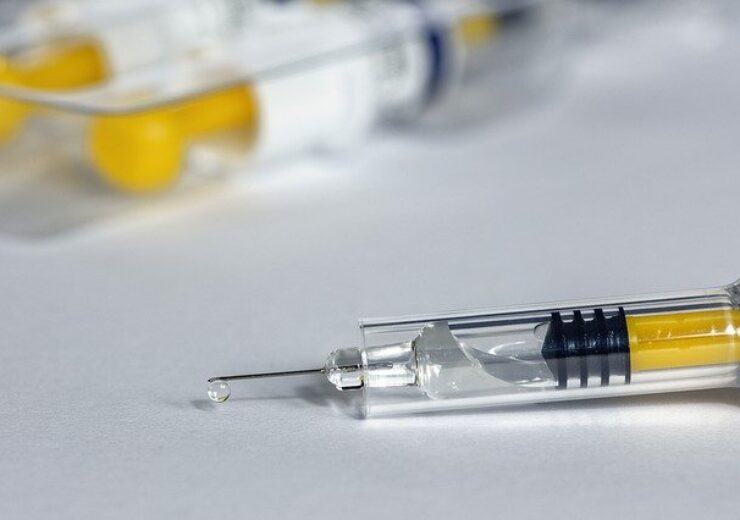The agreement with EC has an option that enables EU Member States to secure up to additional 200 million doses of Janssen’s Covid-19 candidate

J&J will supply 200 million doses of Janssen’s Covid-19 vaccine to EU. (Credit: Willfried Wende from Pixabay.)
Johnson & Johnson (J&J) has announced that the European Commission (EC) has approved the supply 200 million doses of Janssen Pharmaceutical’s Covid-19 vaccine candidate to EU Member States.
Also, the agreement provides the EU Member States with the option to procure up to an additional 200 million doses of the Covid-19 vaccine candidate of Janssen, the pharmaceutical company of J&J.
Johnson & Johnson executive committee vice chairman and chief scientific officer Paul Stoffels said: “The Covid-19 pandemic continues to threaten communities worldwide and we have a responsibility to ensure access to our Covid-19 vaccine as soon as we can. We appreciate the Commission’s and the Member States’ support for our Covid-19 vaccine candidate and development efforts.”
J&J said that it has signed the contract after completing discussions with the EC, and is currently in talks with governments of different countries and international organisations for global access to the vaccine candidate.
Apart from the current agreement with the EC, the company is also planning to allocate up to 500 million doses of its vaccine for lower income countries as part of its response to the Covid-19 pandemic. The delivery of doses is expected to start in mid-2021.
Janssen’s Covid-19 vaccine candidate studied under Phase 3 ENSEMBLE trial
The Covid-19 vaccine, dubbed Ad26.COV2, leverages Janssen’s AdVac technology, which was previously used in the development of its EC-approved Ebola vaccine regimen, and forms the basis for its HIV, RSV and Zika vaccine candidates.
So far, over 100,000 individuals have been vaccinated with a Janssen AdVac-based vaccine.
Ad26.COV2 is being studied under a large-scale, multi-country Phase 3 ENSEMBLE trial, through a single-dose regimen from September this year. A second Phase 3 study with a two-dose regimen is planned for later this year.
